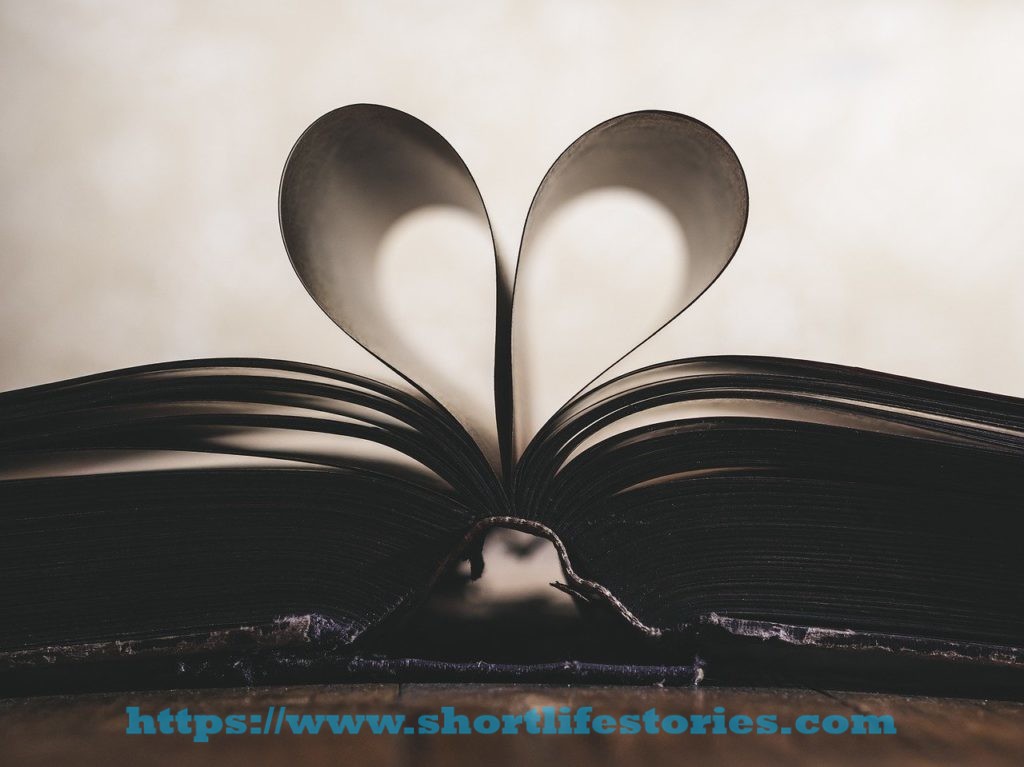Love is an exciting and complex phenomenon. In the past millennia, there have been several recorded instances of people falling in love, and it has even been said that no relationship is truly perfect. Though flawed, some relationships have worked out incredibly good fortune for the parties involved.
For whatever reason, you fell in love and love each other, it has worked out wonders for your life. In fact, you have found your forever.
Don’t believe me?
Ask any person on this side of the planet Earth and they will tell you that they fell in love and love their partner, and it’s been a huge factor in their personal growth and happiness. Ask yourself the same question and try to prove them wrong.
Believe me, when you ask yourself this question, you will find that it is a natural part of your human development.
What we call love doesn’t exist in a vacuum. It is the culmination of a complex web of emotions, motivations, fears, and desires.
Don’t believe me? Ask Google.
The web of emotions that produce love
In a brilliant article entitled The Psychology of Romantic Love, Esther Perel argues that humans have developed a complex web of emotions that constitute love. Love is no longer defined as a moment of attraction, but rather as an ever-evolving complex web of motivations, experiences, and affections that produce meaningful relationships.
Love is much more than lust, ardor, and attraction. Love is a continuum that stretches from caring towards feeling love towards love.
What motivates us to fall in love is a combination of motives, which can range from lust to friendship to belonging to a tribe to compassion to protection.
What motivates us to fall out of love is a combination of motives, which can range from wanting to preserve our health to following our passions.
The very reason we fall in love is based on our experiences and we create our “hieroglyph” of love by over-looking the part that doesn’t apply to us.
What we think makes up the “whole” picture of love is actually the unconscious part that isn’t consciously aware.
For instance, when I fell in love with my partner, I did a lot of things that didn’t apply to me at the time. As I worked on myself, I realized that the unconscious part that wasn’t consciously aware didn’t match my conscious self at all.
The unconscious part that wasn’t consciously aware was the part that made me lose my mind and my confidence. I couldn’t believe that something so perfect could ever break.
The goal of a healthy relationship is to reach an agreement that will last. This is because the goal of every healthy relationship is to become part of another person’s self-esteem.
When you love someone, you don’t love just their success or their happiness. You love the person behind the success, behind the struggles, the success itself.
If you love your partner despite their shortcomings, you’ll also feel the pain behind their successes. You’ll see the other person’s successes as unique and special, and not a substitute for who they really are.
To love someone is to accept them as they are, without judgment or exception. When you do this, you will feel warm and safe in the security of knowing that your partner is a good person.
Because when you love someone you don’t want to hold a grudge, you accept their flaws, and you feel warm and safe in the knowledge that you have a partner who is on the same page.
The unconscious part that makes up love
Most of us have heard about the unconscious part of love that produces most of the love-or-hate behaviors in our relationships. And yet, most of us don’t know how to get our unconscious love-or-hate behaviors under control.
If you fall in love, you believe that this relationship will make your life better. You believe it will give you a better chance at getting out of the ruts in your life. You’ll believe that you can love someone better if you’ve been in a relationship before. You’ll start to believe that you can love someone as much as you love yourself.
Your relationship with yourself, though, is an illusion. You can love yourself better, but you won’t be able to get better at loving yourself because you haven’t really loved yourself properly.
The biggest mistake I used to make was believing that I was a great partner because I was in a relationship. I was in a regular relationship, and I didn’t believe that this relationship was better than the others. I would get frustrated with my partner when he didn’t do what I wanted, or lied to me, or said unfamiliar, even stupid, things to annoy me.
I would become upset and make a big deal out of nothing. “Why does this matter? We are in a relationship now”.
